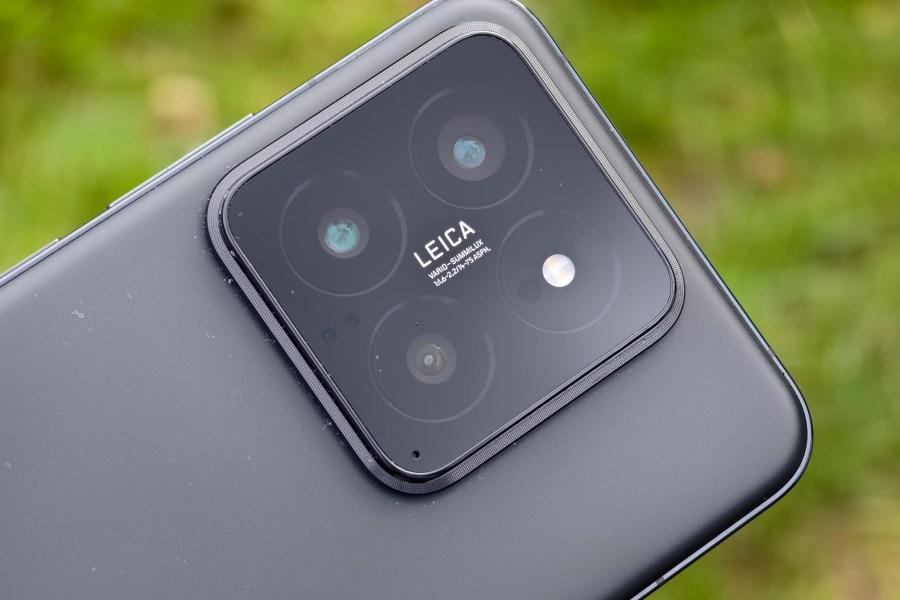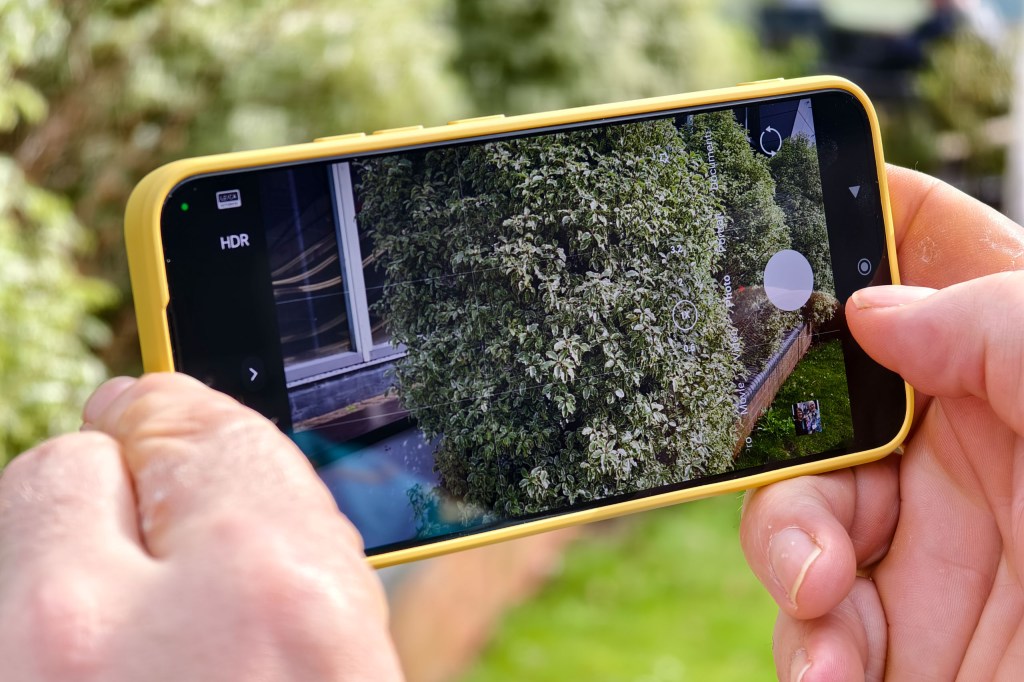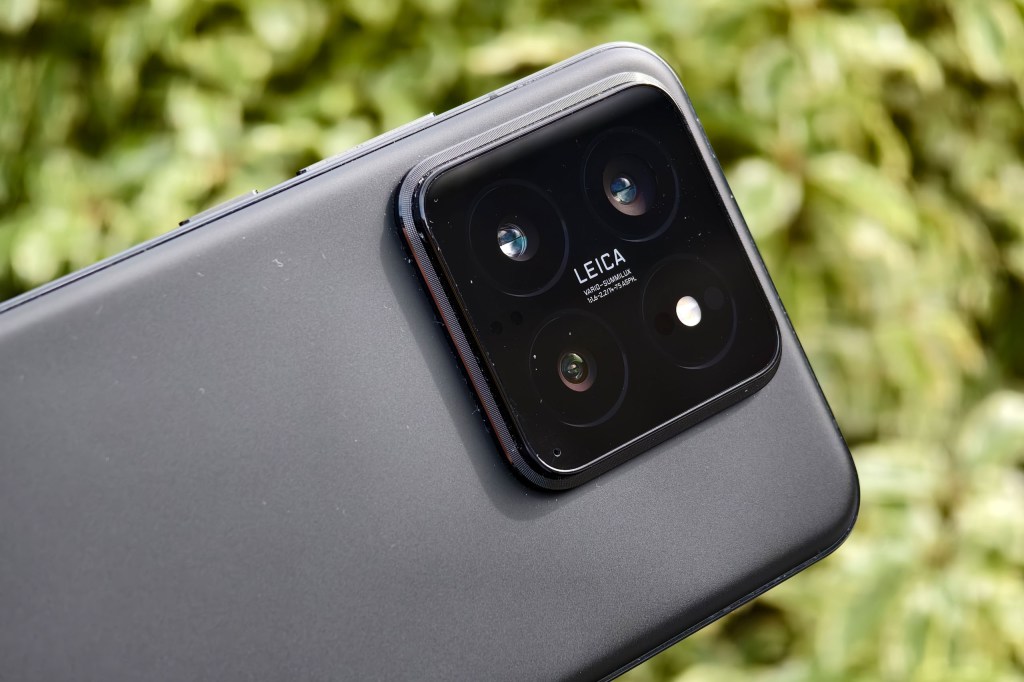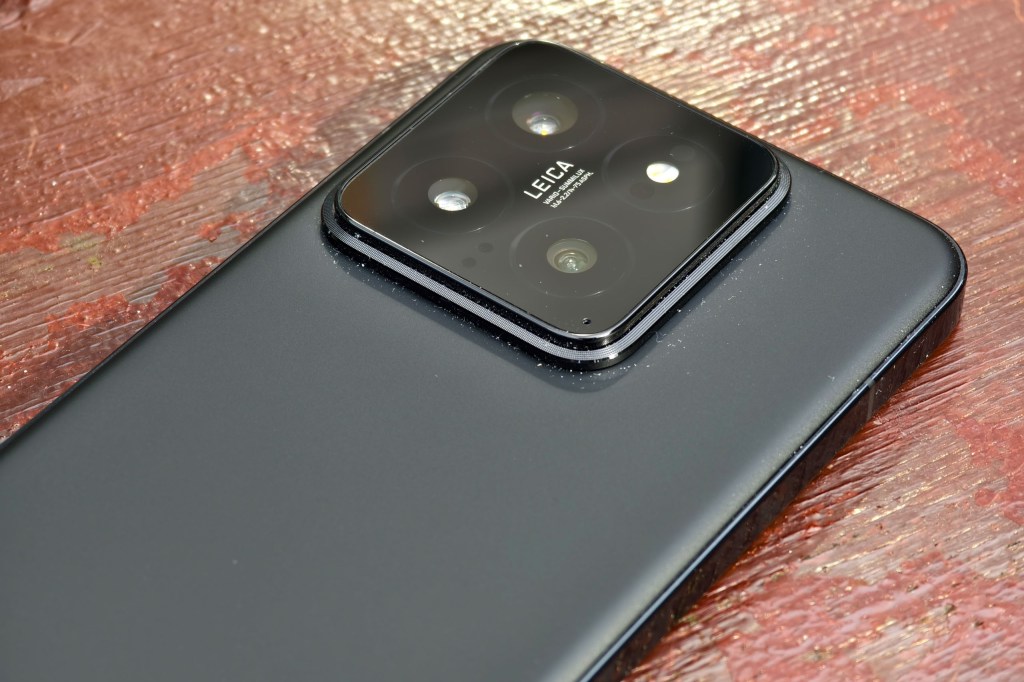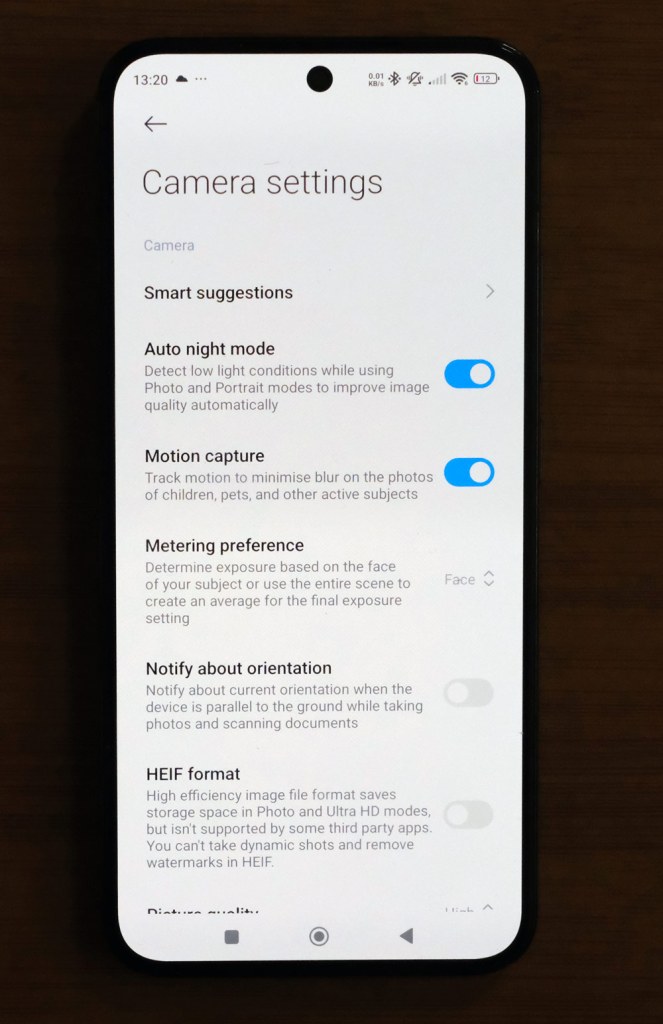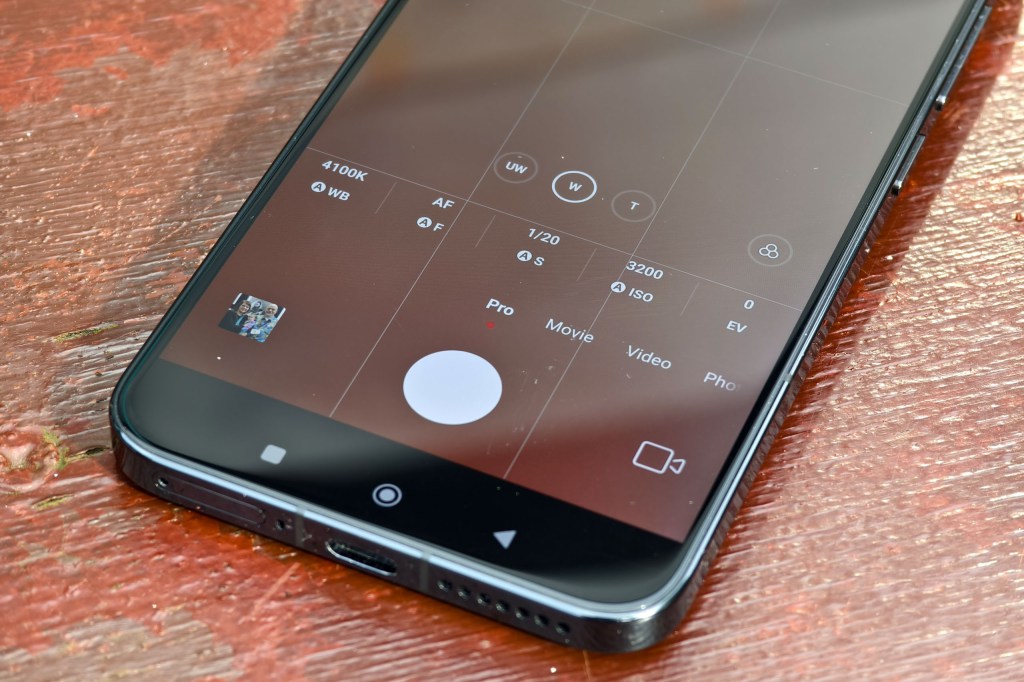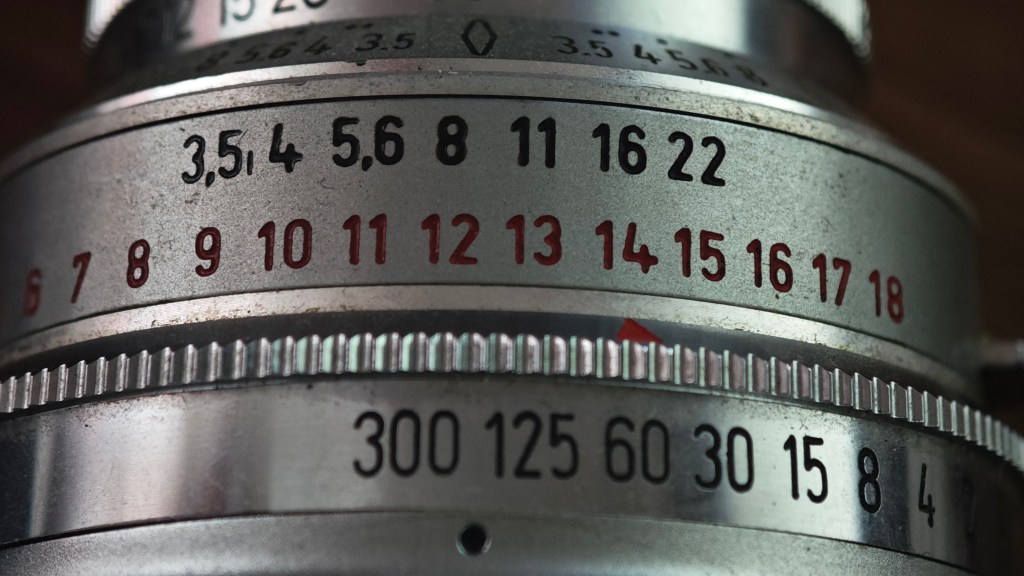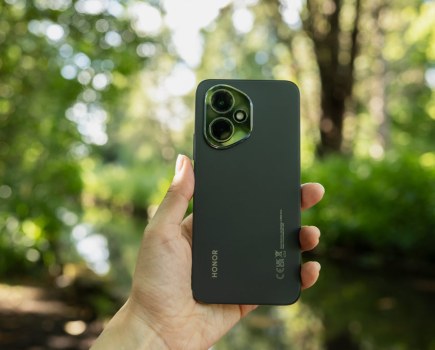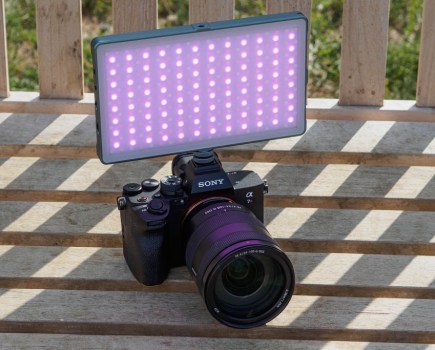Amateur Photographer verdict
As a premium compact smartphone, the Xiaomi 14 has loads going for it, with a generally very impressive camera performance. At this price point, however, it could struggle to stand out.- Smart, compact design and light weight
- Generally excellent camera performance
- Telephoto macro available
- Priced at the higher end of the market
- Motion tracking AF sometimes struggles
The Xiaomi 14 is the latest flagship compact/mainstream phone to be released by Xiaomi into the fiercely competitive higher-end smartphone market. Xiaomi is a Chinese maker with a considerable market share at home, but less well known in the west.
The 14 was only officially released at the Mobile World Congress show a few weeks ago, and sits below the higher-end flagship Xiaomi 14 Ultra in the company’s line-up. The Xiaomi 14 not so much a refresh of the Xiaomi 13, but a reinvention – it’s a much more powerful phone all-round, with better cameras and more storage.
The Xiaomi 14 now features a three camera set-up, all Leica Summilux-branded.
Xiaomi 14 at a glance
- f/1.6 23mm main camera, with 2x lossless zoom, OIS
- f/2 floating telephoto, 75mm, 3.2x optical zoom, OIS
- f/2.2 ultra-wide, 14mm, 0.6x zoom, OIS
- 8K video up to 24fps
- 4K video up to 60fps
- 6.3 inch, 1200 x 2670 pixels, 3000 nits (peak) brightness, 120Hz OLED screen
- Operating system – Android 14, Xiaomi HyperOS
- Processor – Qualcomm SM8650-AB Snapdragon 8 Gen 3
By way of comparison, the flagship Xiaomi 14 Ultra features a headline-making Sony LYT-900 1-inch sensor with stepless variable aperture adjustment ((f/1.6 to f/4) – the first time this combination has appeared on a smartphone – and four Leica Summilux branded cameras, led by a f/1.63 main with 1x optical zoom and optical image stabilisation.
Obviously you will pay for these higher-end imaging features (including video), and the 14 Ultra will blast a £1299 hole in your wallet, compared to £849 for the Xiaomi 14 (256GB storage). Anyone who decides they can get by with the Xiaomi 14 shouldn’t feel they are missing out, however – as we will see, it is a very likeable handset with lots to please photographers.
How we test camera phones
We review smartphones from the perspective of choosing one for its photography and camera performance. We look at what the Xiaomi 14 offers, and the features included for photography and video, paying particular attention to the cameras on the phone, photo editing capabilities, as well as the output from each different lens.
Xiaomi 14 features
The phone has 50MP sensors across all three cameras, so images are crisp and detailed. The triple lens set-up is pretty standard on a smartphone aimed at the mainstream consumer, rather than the high-end power user. While the aperture doesn’t go as wide as the 14 Ultra on the floating telephoto and ultra-wide, the difference is not huge.
In terms of general shooting, you can turn HDR mode and off, which again, is pretty standard on Android smartphones, but the 14 comes with two extra filters – Leica Authentic and Leica Vibrant. The latter adds more punch and saturation to colours, but doesn’t go over the top, so it will come down to personal taste and editing preferences.
This is a handy phone for close focusing too. Around 10cm from the subject, the lens array automatically shifts back towards the sensor for the best results.
Other notable features include a 1.31-inch Light Fusion 900 sensor, developed in-house. It supports 16-bit raw shooting and 8K video recording with 10-bit Log. The Xiaomi 14’s battery is slightly bigger than its predecessor (4,610 mAh) and supports 90W fast charging, instead of 67W.
Using the supplied charger, the phone juices-up impressively quickly, though as it’s as slow as you’d expect via USB. We didn’t use the phone for processor-intensive tasks like gaming, but there are no complaints about the battery life for photography and video recording.
Xiaomi 14 Handling and design
As with most Android phones, the design of the Xiaomi 14 is unlikely to ever become iconic, but it’s still a nice-looking handset. At a cursory glance, it can be mistaken for an iPhone, which is good for a bad thing depending on your perspective.
The phone is nicely light and compact (152.8mm x 71.5mm x 8.20mm) with an elegantly curved back panel. While bigger phones offer more screen real estate, you never feel particularly short changed with the Xiaomi 14’s colourful and crisp six-inch display (which also supports Dolby Vision).
The svelte dimensions and curves mean you never have to force the handset into tight pockets or bags.
The phone can withstand some punishment too, as it features a tough but light aluminium frame and a Gorilla Glass Victus display. It is also IP68 dust/water resistant (up to 1.5m for 30 minutes).
Compared to shinier, more bling phones, the Xiaomi 14 casing is nice and tactile, so you’re unlikely to drop it so much or spend every day wiping off fingerprints. The buttons fall easily to hand too, and a quick swipe enables you to activate the cameras from the lock screen. You get a well-made case with the Xiaomi 14 too.
The square camera ‘bump’ on the back might not to be to everyone’s taste, but it looks quite elegant, and is easy to clean.
Xiaomi 14 Native Camera App
Existing Android users will feel right at home with the camera app, and Xiaomi’s Android ‘skin,’ called HyperOS, doesn’t get in the way too much. Changing between main camera, ultra-wide angle and floating telephoto is very easy, and a pull down arrow at the top of the screen reveals the key features and settings for each.
Extras include Timed burst, Super Macro and Tilt Shift, and there’s a useful Motion tracking focus feature which helps with moving subjects. It’s well worth turning on, as by default, the phone can sometimes miss focus on energetic people or animals. A voice shutter is a neat extra too.
Portrait mode blurs the background for more authentic and attractive looking people shots, and generally looks convincing. Night mode is a winner too. Although you do lose some shadow and highlight detail depending on your distance from the subject, the low-light/no-light performance of the Xiaomi 14 is impressive. A Super Moon feature is available too, which we will try out when we get a decent full moon on a clear night. Sounds fun, though.
The Long Exposure mode (under More) is a solid performer too, nicely blurring moving people without turning them into ugly smears. There aren’t any other fancy handholding AI features to help more photographically challenged newbies, but they are not really needed as the Xiaomi 14 takes attractive images out of the box.
When it comes to video, you have a choice of Movie or Video mode. We tend to use Movie mode a lot, as again, it nicely blurs the background on the main subject, which is useful when you are vlogging. Further tweaks to both modes can be made via the ‘Director’ mode, under More. So the movie-making functionality on the Xiaomi 14 is pretty comprehensive.
Image quality and performance
For the most part, the image performance is very impressive. Images are nicely saturated without looking garish, and you can always turn on Leica Vibrant if you want more punch. With 50MP available, there is plenty of resolution for most situations.
The main camera in decent light delivers crisp and nicely exposed pictures. HD mode kicks up the colours without them looking too garish, and you can always turn on the Leica Vibrant filter if you want more saturation.
With 2x zoom, the results are still impressive. They appear slightly softer, as they are being cropped from the main sensor, but it’s not a major issue.
The 3.2 telephoto camera is really very good indeed. Even in low light, the image stabilisation keeps everything nice and sharp and noise is very well controlled. No complaints at all here. Even in poor light you can pick up and impressive level of detail on street shots.

With the ultra-wide camera, images are acceptably sharp and detailed, although you can see obvious wide angle distortion, even with the ‘Correct distortion in ultra wide shots feature’ turned on. This is easily fixed in an editing app, but you need to stay mindful when framing the image.

Night performance is really impressive, particularly with the telephoto camera, delivering great levels of detail and clarity. You can have auto night mode on by default when using Photo and Portrait modes, and it copes well with low light. There is some loss of highlight and shadow detail, but we were pleasantly surprised. Again, noise levels are very acceptable. The shot below was taken from some distance but the results speak for themselves.
Another big selling point of this handset is its close-focussing and ‘SuperMacro’ capabilities. Around 10cm from the subject, the lens array automatically shifts back towards the sensor for the best results. The light wasn’t great for our sample image, but the numbers are nice and crisp.
When shooting dynamic subjects, such as musicians performing live, it’s good to turn on Motion tracking focus. Without it, you can end up with a soft main subject, as below.

Otherwise the AF performance is very good indeed, even in less than optimal light.
In terms of extra features, the Long exposure mode is also effective, though you need to hold the phone very firmly – more firmly than we did in our sample shot! It can deliver some quite attractive results, however. Raw shooting available via Pro mode, as you’d expect from a premium phone, with helpful extras such as Histogram and Focus Peaking (any colour you like so long as it’s green).

As for Portrait Mode, you get attractive and convincing bokeh, and the close focussing capabilities come in useful when shooting fine details of a statue or a building

You can record up to 8K video though 4k or FullHD is usually enough for most situations. Video is smoothly recorded, and it’s easy to blur out the background of your subject when shooting in Movie Mode, which gives a more professional look. There are some neat extras for both modes too, including a Teleprompter for reading a script while recording a video.
Xiaomi 14 value for money
So the phone has many virtues, but the price may be a sticking point for some potential customers. It’s not excessively priced at £849 (256GB storage), but unless you are totally sold on Android, we suspect many people will cough up another £100 and go for an older iPhone or iPhone 15 Pro – especially as Xiaomi is not a well-known brand in western markets.
In terms of Android phones, the Xiaomi 14 has a very tough fight on its hands, as there is so much competition. It’s currently more expensive than the well-regarded OnePlus 12, for example, with its Hasselblad imaging and a wider range of digital filters – Hasselblad hasn’t quite got the pull of Leica Summilux, but it’s pretty close.
The Xiaomi 14 is also pricier than the Honor Magic 5 Pro (though it doesn’t have 8K video) and nearly £300 more expensive than the AI-powered and cheap (but far from nasty) Google Pixel 8. So as a premium compact phone, the Xiaomi phone is at the higher end of the price range, its many virtues notwithstanding.
To sweeten the deal somewhat, if you buy the 256GB version before March 31st, Xiaomi is throwing in a Pad 6 tablet and the excellent Band 8 Pro smartwatch, which is a pretty neat offer. Punters who go for the full-fat 512GB version get a free Xiaomi Pad 6, along with various security updates.
Xiaomi 14 Verdict
Having used this phone a lot since it was launched a few weeks ago at Mobile World Congress in Barcelona, it’s really growing on us. It’s nice and compact, well designed, offers a colourful, sharp screen and good battery life. Camera performance is really very good too.
The problem Xiaomi is facing is that even ‘really very good’ might not be enough to stand out in such a crowded market, with so many competitors really piling on the extras and lots of price cutting going on. Then there is the issue of Xiaomi’s brand recognition in the UK – it’s not a well-known brand at all.

Reviewed as a standalone camera phone, however, the Xiaomi 14 is a winner. The only real downsides are the somewhat premium price and occasionally iffy AF tracking. When it comes to the price, we suspect further discounting will take place, either from Xiaomi or network providers. If your budget stretches, and you want a top-notch Android phone that your mate is unlikely to even know about, then go for it.

Specifications
| Rear cameras | Ultra-wide camera 50MP, 14mm, f/2.2, 0.6x zoom, OIS Main camera 50MP, 23mm, f/1.6, OIS Floating telephoto 50MP, 75mm, f/2, OIS |
| Front selfie camera | 32MP, f/2, 22mm equivalent |
| Screen | 6.3 inch, 1200 x 2670 pixels, 3000 nits (peak) brightness, 120Hz OLED |
| OS | Android 14 |
| Dimensions | 152.8mm x 71.5mm x 8.20mm |
| Weight | 193g |
Further reading
Xiaomi 13T Pro Review – Leica on a budget
How to take the best smartphone photos
Follow AP on Facebook, Twitter, Instagram, YouTube and TikTok.

